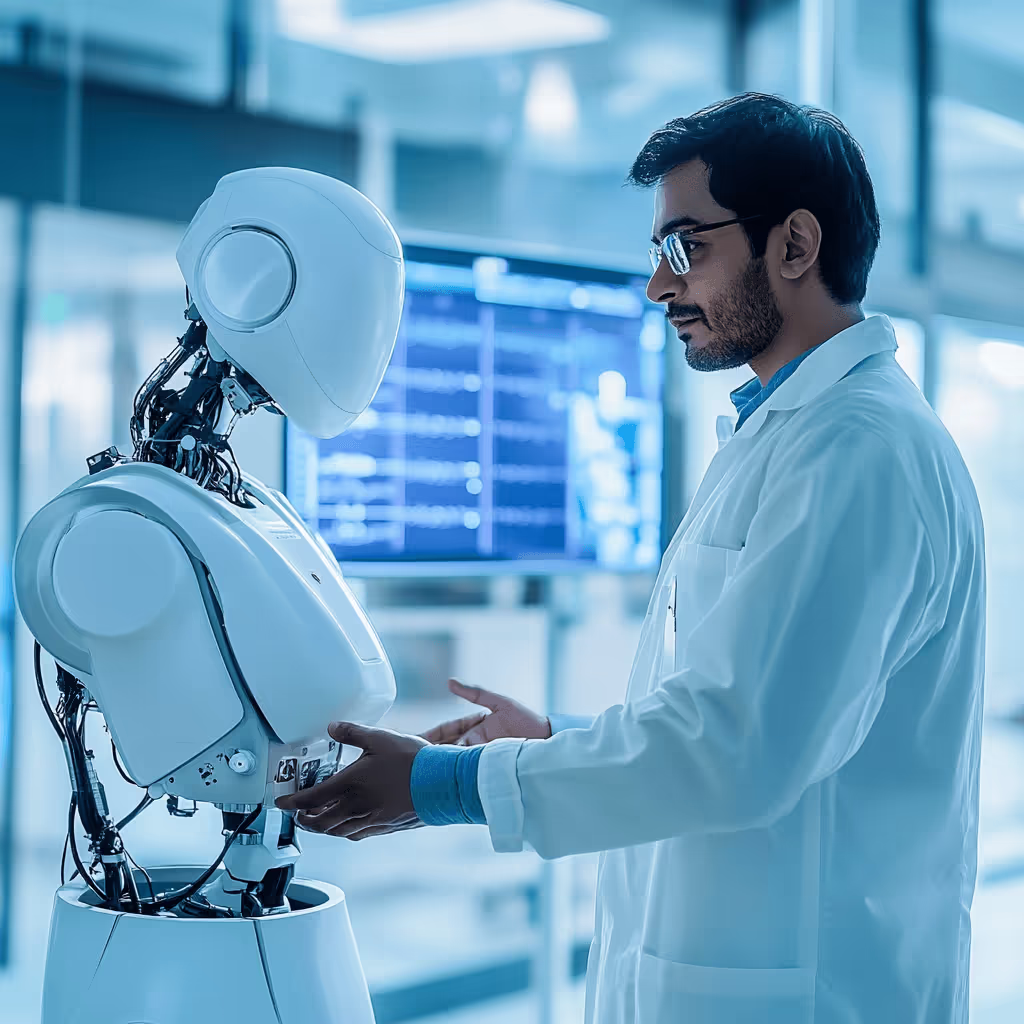February 10, 2025

The rise of new medical technologies is redefining how healthcare professionals work. From artificial intelligence assisting in diagnostics to telehealth expanding patient care, doctors, nurses, and medical staff are adapting to a system where digital tools play a growing role. The shift is not just about efficiency. It is about rethinking how care is delivered in an era where data, automation, and remote medicine are becoming the norm.
AI is now a key player in clinical decision-making. Advanced machine learning models can analyze complex medical data, identifying conditions with accuracy that sometimes surpasses human specialists. Radiologists use AI-powered imaging tools to detect abnormalities, while predictive analytics help hospitals anticipate patient deterioration before symptoms become critical. The technology is not replacing doctors, but it is changing their role, moving them away from routine assessments and toward overseeing AI-driven insights and making strategic care decisions.
For nurses, technology is transforming patient monitoring and documentation. Electronic health records (EHRs) have streamlined workflows, allowing nurses to access and update patient information in real time. Wearable devices and remote monitoring systems now provide continuous updates on vital signs, reducing the need for constant bedside checks and enabling faster intervention when needed. As telehealth grows, nurses are also expanding their roles beyond hospital settings, offering virtual care and assisting in remote patient management.
Virtual consultations are becoming a permanent fixture in healthcare. Doctors and nurses now conduct video-based appointments, reducing hospital visits for patients with chronic conditions and improving access to care for those in remote areas. While telehealth improves convenience, it also requires healthcare professionals to adjust to new communication methods and ensure that digital interactions maintain the same level of care as in-person visits.
While technology enhances healthcare, it also introduces challenges. The need for continuous learning is now a reality, with medical professionals required to stay updated on new software, AI tools, and telemedicine platforms. There is also the issue of balancing digital efficiency with human interaction—patients still value the emotional and personal connection that healthcare professionals provide. Striking that balance remains one of the greatest challenges as hospitals and clinics integrate more technology into daily practice.
The role of healthcare professionals is evolving alongside technology. AI, digital health records, and telemedicine are no longer futuristic concepts—they are now central to how care is delivered. While these advancements create new efficiencies, they also redefine what it means to be a doctor or nurse. The future of healthcare will not just be about using technology, but about integrating it seamlessly while preserving the human touch that defines medicine.
Join our weekly digest and be the first one to know about new articles.